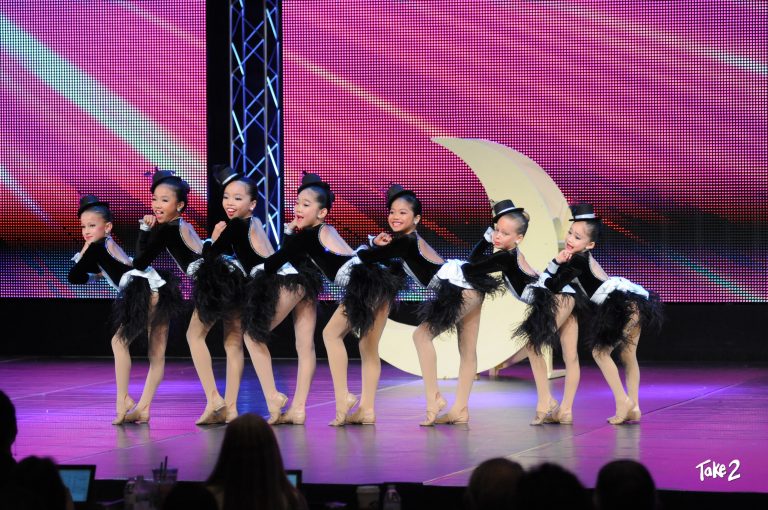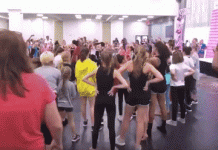Dance competitions are a lot of fun. You get to spend time with your dance family and show off all of your amazing skills! But, they can also be stressful. Knowing that you are putting your and your dancers’ skills up against the skills and talents of others can be nerve-wracking. Letting nerves and stress get the best of you can turn something fun and exciting like a dance competition into the complete opposite! Here are some dance competition dos and don’ts to prevent that from happening!

Don’ts:
- Don’t yell or scream at any dancer.
- Don’t condemn a child for poor performance or continue to bring up past failures.
- Don’t punish a child for mistakes – punishment leads to withdrawal and children often give up dance.
- Don’t expect children to learn immediately – with practice, they will improve.
- Don’t expect children to be pros – let them be children, enjoying themselves and constantly improving.
- Don’t expect children to be immediately courageous – it’s natural to be frightened.
- Don’t ridicule or make fun of a child – this only leads to further self-punishment.
- Don’t compare children to their siblings or to more talented dancers on the team.
- Don’t make dance all work and no fun.
Dos:
- Do be selective about what competitions you attend. Not all dance competitions are created equal. Only attend the best!
- Do make it fun – the more children enjoy dance, the more they’ll want to dance.
- Do be patient – children may initially be frightened of the stage, but with time and experience they will learn.
- Do make sure children have the experience of performing dance techniques correctly – this develops pride as well as mastery.
- Do use clear and comprehensive that the children can understand.
- Do reduce the fears that children may have by anticipating and lessening their normal anxiety – humor is always effective.
- Do remember that it is ok for children to make mistakes – it means that they are trying.
- Do be positive and convince all dancers that they are making a contribution.
- Do give each child a sense of being special and important.
- Do provide a role model for children attending competition.
- Do let them fail without punishment, anger, or disappointment. Support and reinforce what they did well on stage. Failure is a very important part of the learning process.













